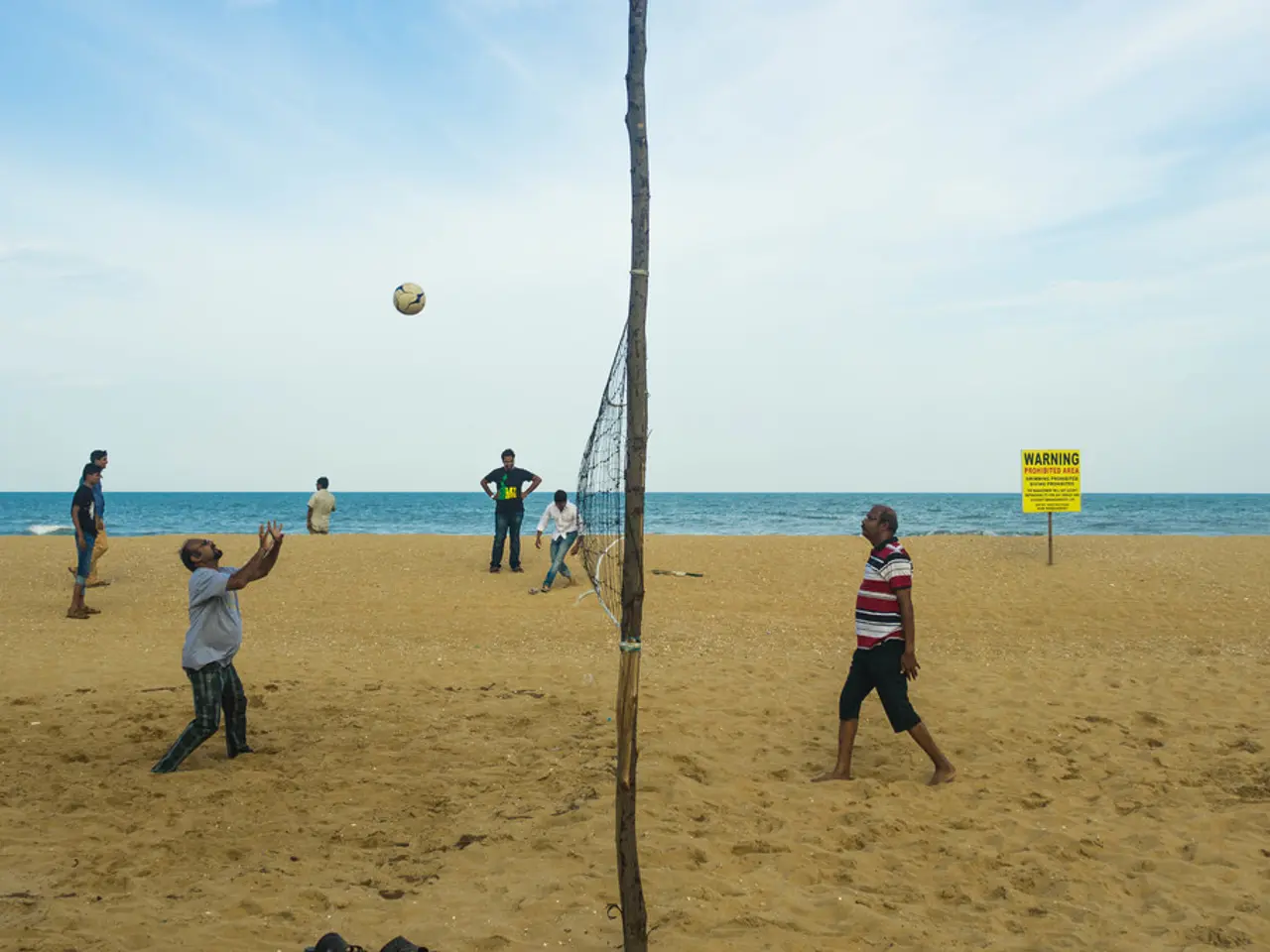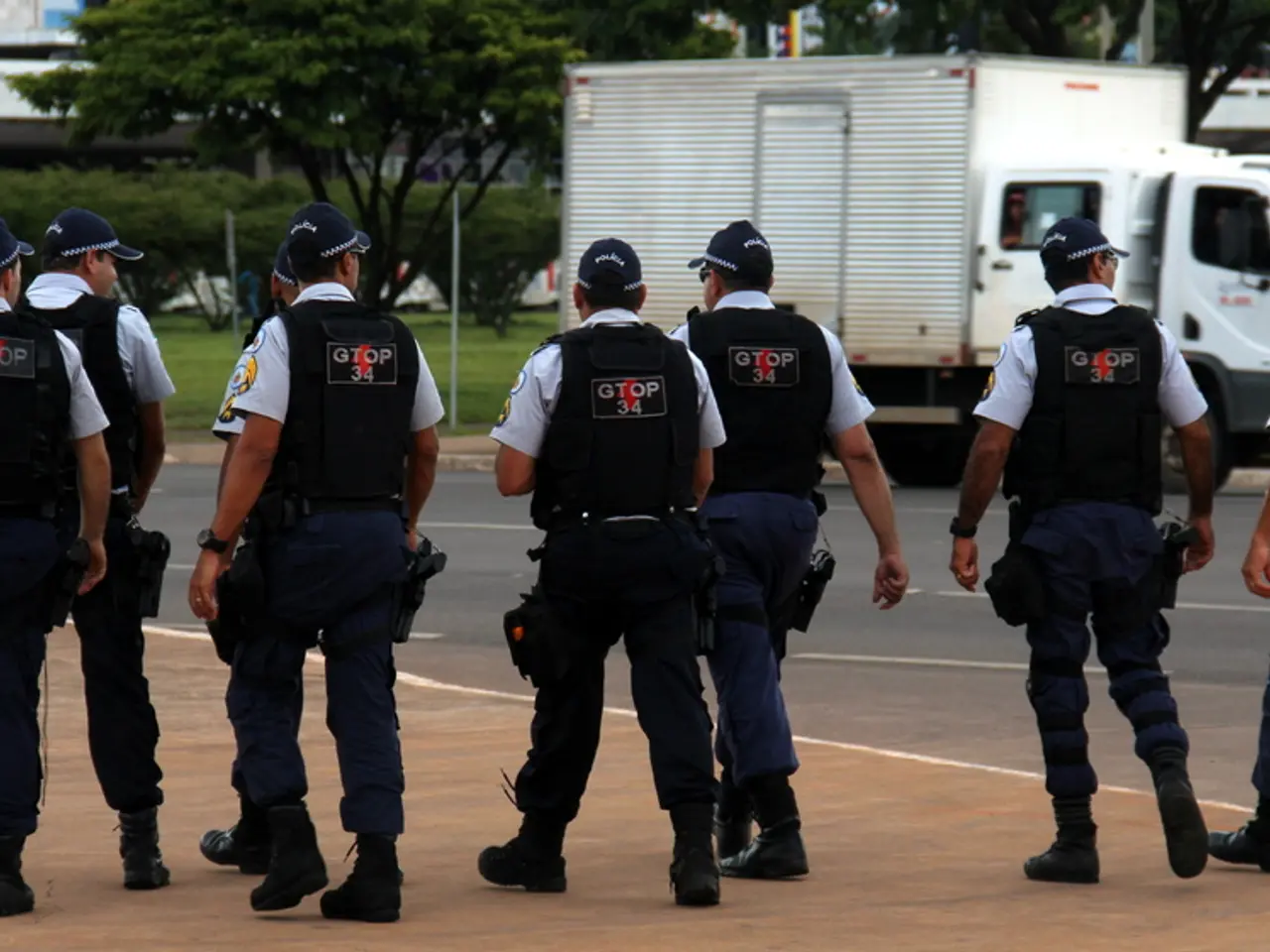Despite imposed bans, many Russian websites remain accessible within the European Union.
In an effort to combat disinformation and an "information war" from Russia, the European Union (EU) has imposed sanctions on several Russian media websites. However, a recent study by the London-based think tank, Institute for Strategic Dialogue (ISD), has revealed that the enforcement of these sanctions is not as effective as intended.
One of the key challenges undermining enforcement is the fragmented and inconsistent approach across EU countries. For instance, Slovakia lacks active legal mandates or enforcement capacity, resulting in no blocks on Russian media websites since the law expiring in 2022.
Another challenge is the reliance on DNS-based blocking, which users can bypass using third-party or device-level DNS resolvers, making bans largely symbolic and ineffective. Russian state media, like RT, also evade sanctions by copying their content to new links, as per Pablo Maristany de las Casas, one of the study's authors.
The study, which examined access to Russian media in Germany, France, Italy, Poland, the Czech Republic, and Slovakia, found that many RT websites still have few restrictions in various countries. In Germany, for example, numerous profiles on the online service X uploaded almost 50,000 links to RT websites in May alone, many of which were in German.
To improve enforcement, the Commission could create and maintain a centralized, up-to-date domain list accessible to all national regulators and internet service providers (ISPs) to standardize enforcement efforts. The Commission could also provide clear guidance and legal frameworks to national regulators to ensure enforcement mandates are current and backed by law in every member state.
Encouraging or requiring ISPs to implement more sophisticated blocking methods beyond DNS filtering, such as IP blocking combined with real-time monitoring of circumvention patterns, could also help increase technical resilience against circumvention.
Fostering technical collaboration between member states to detect and disable mirror domains rapidly and to coordinate responses to circumvention attempts would further enhance enforcement efforts. The Commission could also work with social media platforms and digital intermediaries to more effectively identify and limit accounts posting links to banned content, including anonymous or proxy accounts exploiting regulatory grey zones.
The study by the Institute for Strategic Dialogue (ISD) finds that Russian media websites in Germany receive more than 100,000 visitors per month. The authors of the study call on the European Commission to enforce the ban on Russian media more strictly due to the Russian invasion of Ukraine.
Brussels does not consider itself responsible for blocking access to the websites of sanctioned media; it is the providers' responsibility, according to a commission spokesman. However, the study suggests that Russian state media continue to pose a threat to the information landscape in Western democracies, highlighting the need for more effective enforcement of the EU's sanctions.
- The Commission might enhance the enforcement of community policy and employment policy (referring to sanctions on Russian media) by creating a centralized and up-to-date domain list for national regulators and ISPs, thus standardizing enforcement efforts across EU countries.
- Russian sports enthusiasts in European Union countries could potentially gain access to Russian sports content, circumventing the sanctions on Russian media, by using more sophisticated blocking methods or collaborating with social media platforms and digital intermediaries.







